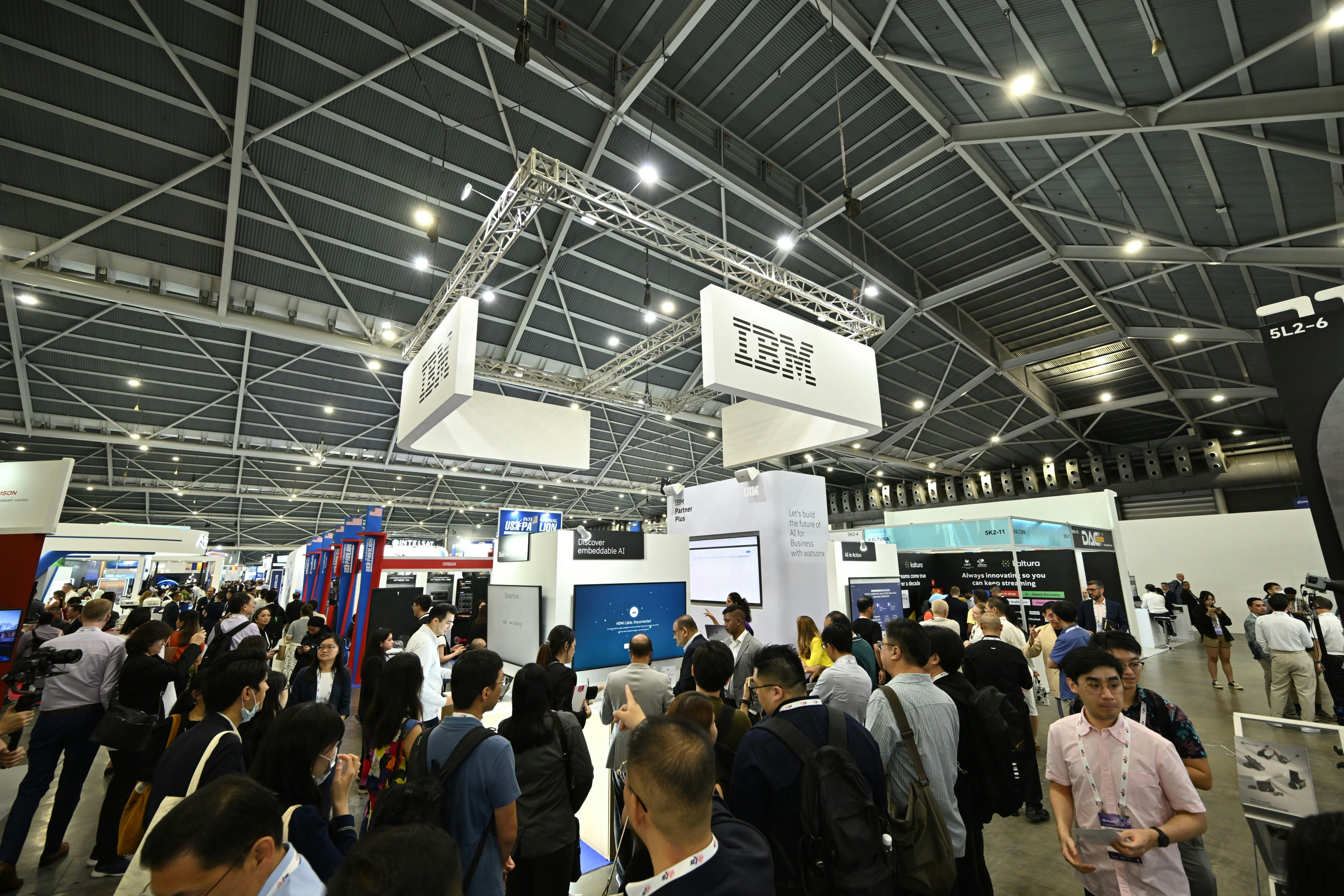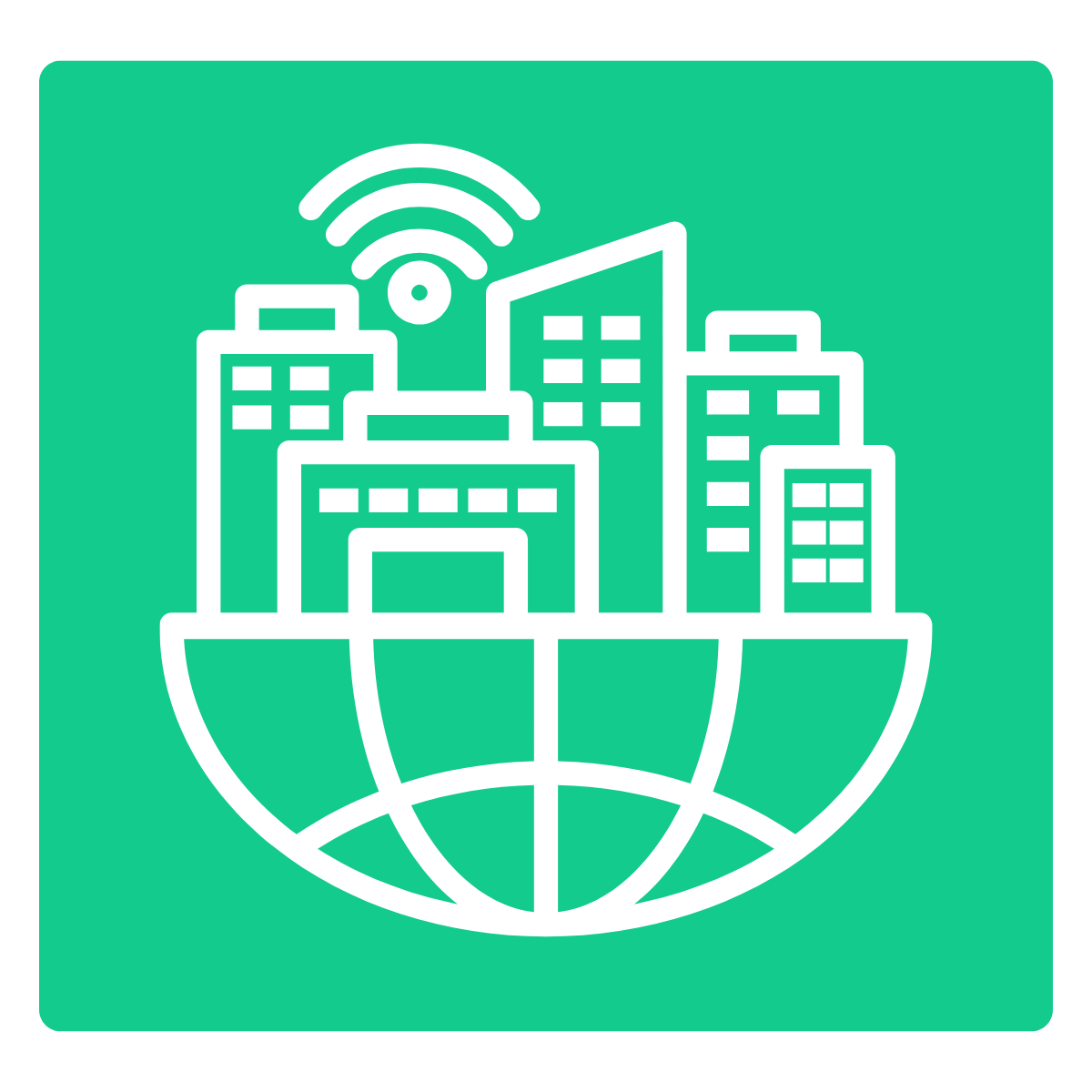Emerging Tech For Enterprises
20 - 22 MAY 2026 | SINGAPORE EXPO
TechXLR8Asia is a part of Asia Tech x Singapore - the region's flagship tech festival.
Transforming APAC into a Hub of Technological Innovation
Step into the future at TechXLR8Asia, where the most influential minds in AI, Cybersecurity, IoT, Cloud, Data, and Quantum Technology converge. TechXLR8Asia serves as a catalyst for innovation, bringing together industry leaders, tech disruptors, and decision-makers to explore and harness the power of emerging technologies.
Join us at TechXLR8Asia 2026, 20 - 22 May at Singapore EXPO, to forge strategic partnerships and gain actionable insights that will propel your business forward in the ever-evolving digital landscape. Whether you’re an enterprise seeking cutting-edge solutions, a technology provider looking to showcase your innovations, or a consultancy eager to connect with key decision-makers, TechXLR8Asia is your gateway to shaping the future of technology in APAC.

Attendees Top Industries
%
Artificial Intelligence / Machine Learning
%
Internet of Things
%
Cybersecurity
%
Big Data and Analytics
%
Cloud
%
SaSS
Who Attends?
TechXLR8 Asia gathered leaders in AI, Cybersecurity, IoT, Cloud, Data and Quantum Technology to harness the power of disruptive technology to transform cities and businesses in APAC.
Enterprises
- Drive Digital Transformation: Senior executives and decision-makers from leading corporations looking for cutting-edge solutions to enhance their operations and drive growth.
- Source Innovative Technologies: Businesses seeking the latest advancements in AI, Cybersecurity, IoT, Cloud, Data, and Quantum Technology to stay competitive.
- Form Strategic Partnerships: Enterprises eager to collaborate with technology providers, consultants, and integrators to achieve their digital goals.
Enterprise Solution Providers
- Showcase Breakthrough Innovations: Companies at the forefront of technology, presenting solutions in AI, Cybersecurity, IoT, Cloud, Data, and Quantum Technology.
- Engage with Key Decision-Makers: Providers looking to connect with enterprise leaders, government officials, and investors to drive adoption of their technologies.
- Explore Market Opportunities: Innovators keen to understand market needs and tailor their offerings to meet the demands of the APAC region.
Consultancies and Integrators
- Guide Digital Journeys: Consultants and system integrators offering strategic advice and implementation services to help businesses navigate digital transformation.
- Collaborate with Industry Leaders: Experts looking to partner with enterprises, technology providers, and governments to deliver tailored, end-to-end solutions.
- Facilitate Tech Adoption: Partners dedicated to helping organisations integrate new technologies smoothly and effectively, driving efficiency and innovation.










